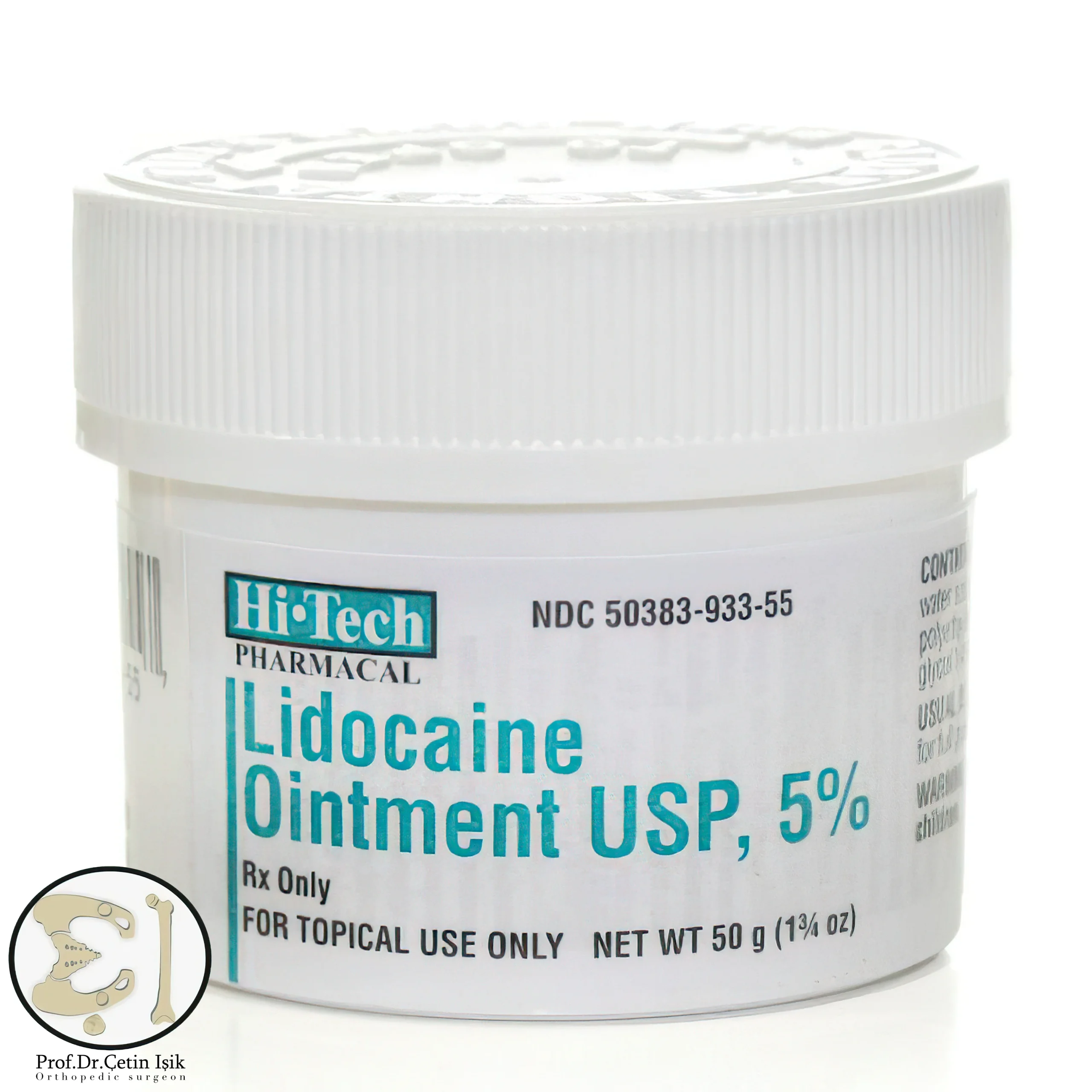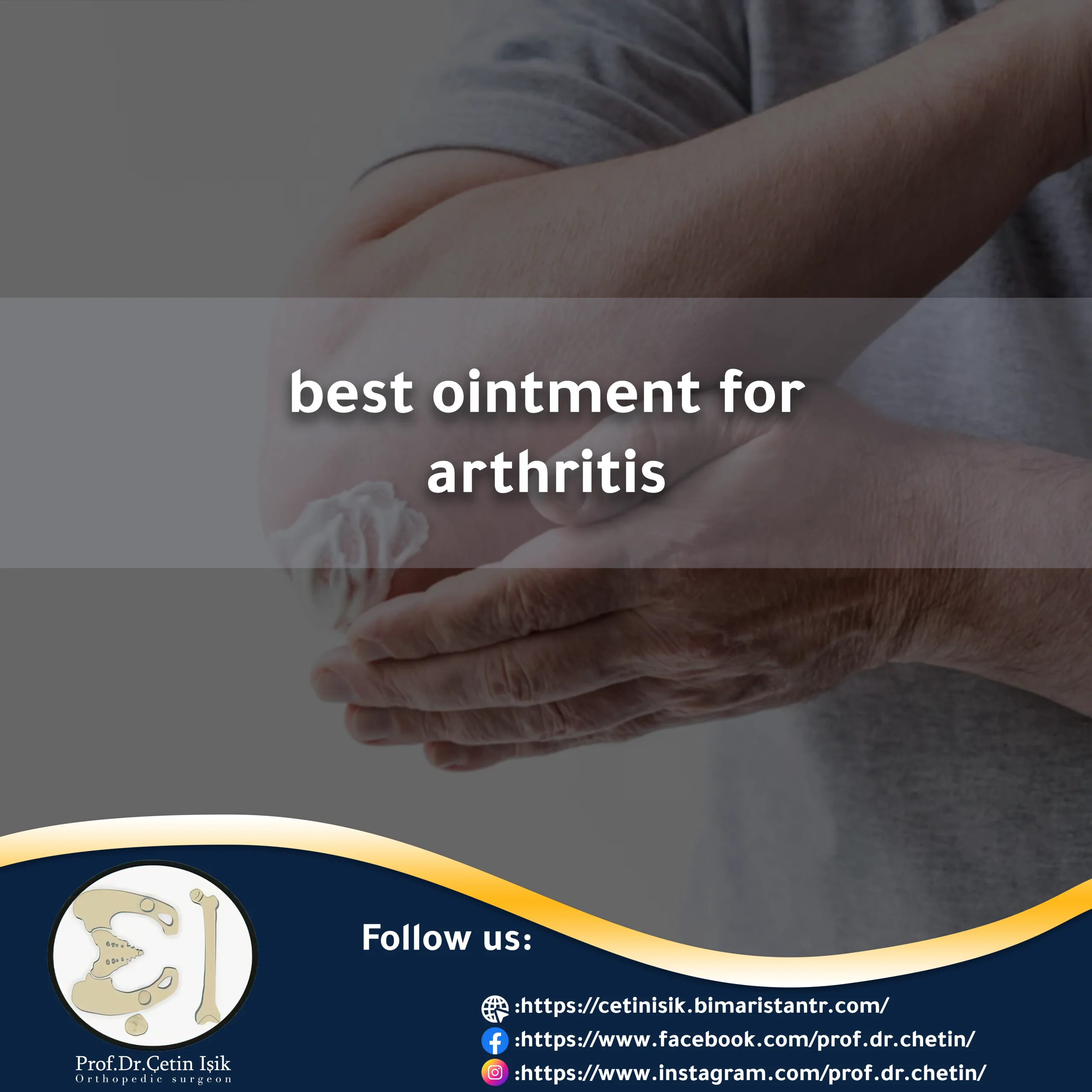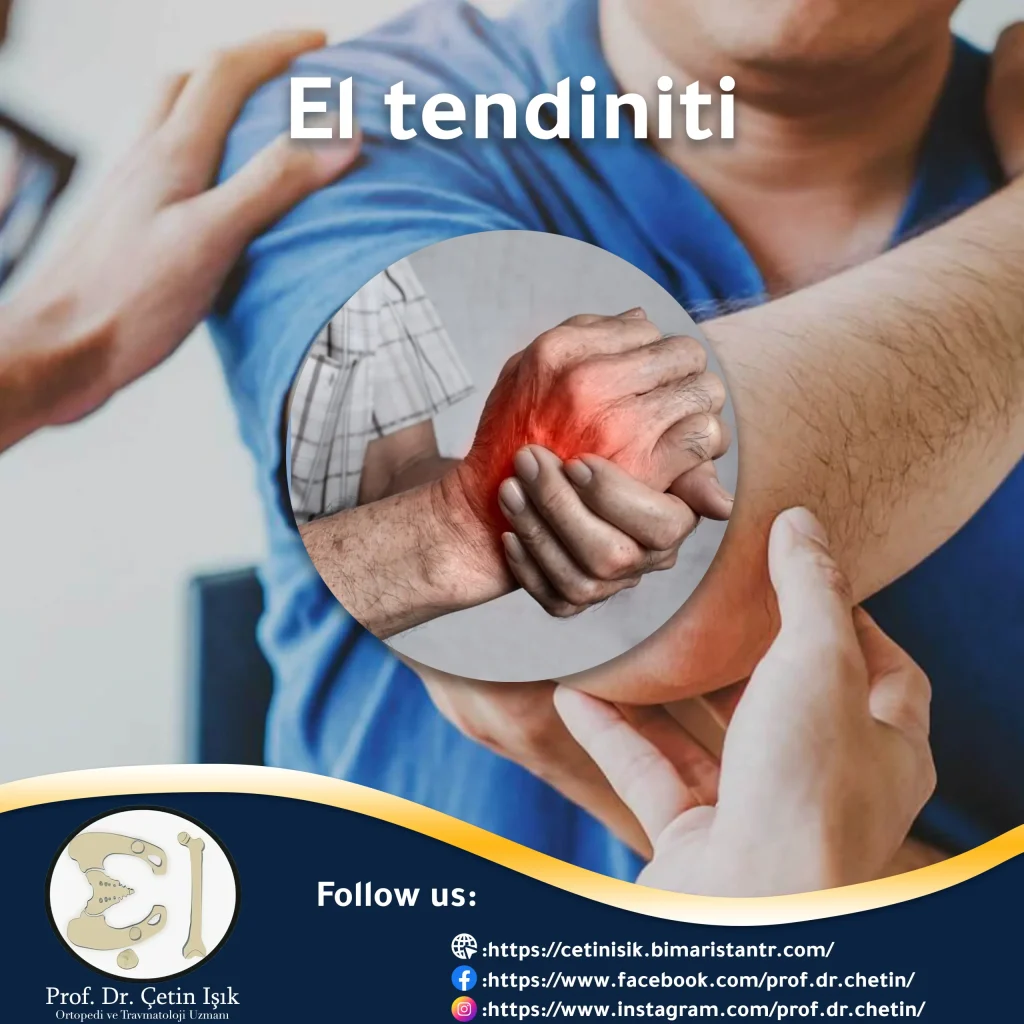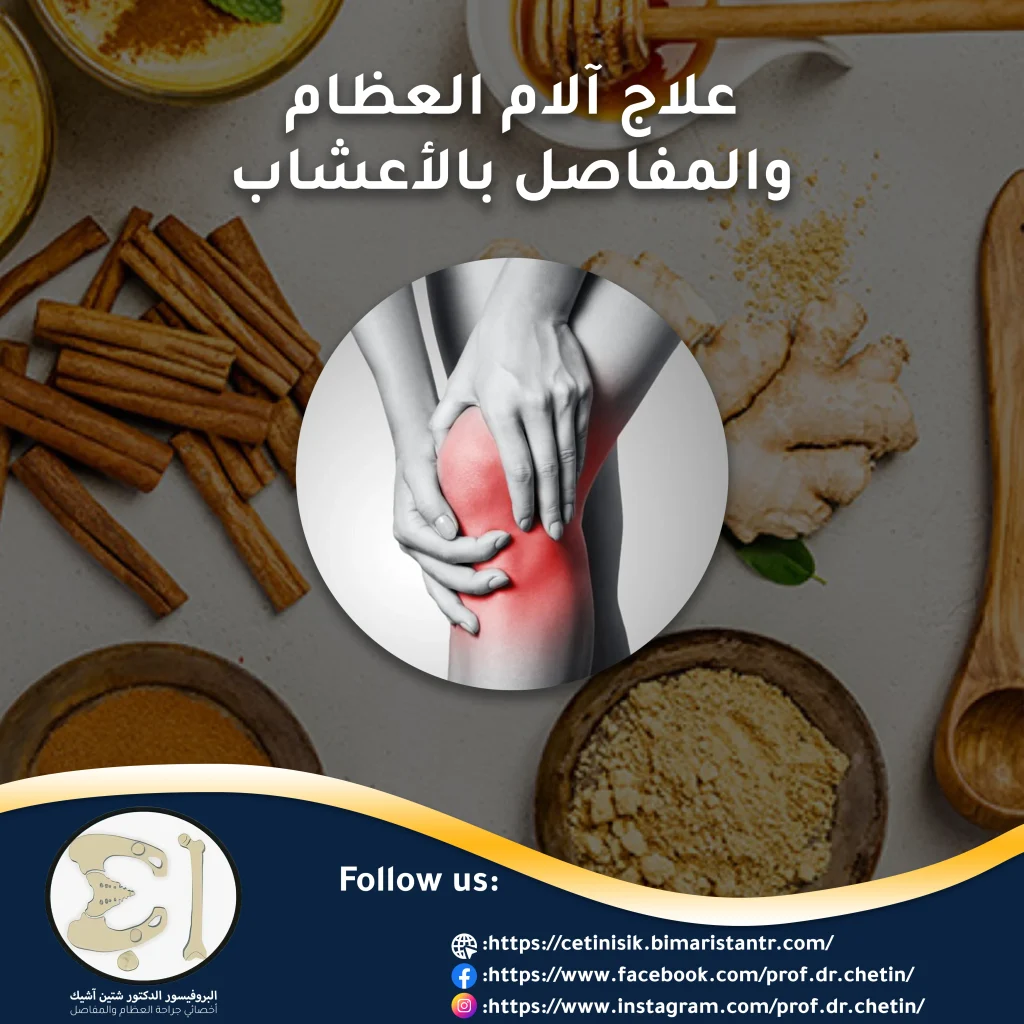With many patients turning to topical analgesics to overcome the side effects of systemic analgesics, many are wondering about the best ointment for arthritis.
What is the best ointment for arthritis? A question asked by many patients who have arthritis and its pain. The side effects resulting from the chronic use of systemic analgesics are one of the problems these patients face, so they cannot complete their treatment. Therefore, arthritis ointment is an effective option for relieving pain, although its effect does not last long.
About Arthritis
Arthritis does not refer to a specific disease, but it includes more than 100 conditions that cause pain and inflammation in one or more joints, such as: Rheumatoid Arthritis and others.
These conditions are more common in women, and the risk of developing some types of arthritis increases with age. However, these diseases may affect all people equally.
Arthritis patients suffer from pain, swelling, joint stiffness, and difficulty in movement. Infections can also cause permanent changes to the joint. The joints of the fingers may look crooked, but most changes are only visible on X-rays.
Treatment options include many methods, the most important of which are systemic and topical pain relievers. While systemic analgesics cause much harm to the body, topical anesthetics have fewer side effects. Hence the patients search for the best ointment for arthritis.
How do topical ointments treat arthritis?
An arthritis ointment may contain various active ingredients that are absorbed into the skin and help temporarily reduce pain and inflammation by altering nerve signals or blood flow. The product is used directly on the affected joint and the area around it, and these products appear to be most effective in treating small joints close to the skin surface, such as hands, knees, and ankles.
Best ointment for arthritis
Over-the-counter topical pain relievers are applied to the skin over an arthritic joint and tend to provide simple topical pain relief. Here are the best over-the-counter ointments for arthritis:
Capsaicin ointment
Capsaicin is a natural substance extracted from red peppers involved in many topical products. This substance causes a slight feeling of numbness and burning when applied topically to the skin and reduces the number of pain signals sent to the brain, which relieves the symptoms of arthritis. Capsaicin may be the best ointment for arthritis when a patient has nerve or knee pain.
Do not use capsaicin products on broken or irritated skin areas.
When using capsaicin ointment for knuckles, leave the ointment on for at least 30 minutes before washing hands, while when using capsaicin ointment for areas other than the hand, hands should be washed immediately after product application.

Salicylate ointment for arthritis
This salicylate joint pain ointment relieves mild aches and pains associated with arthritis.
The ointment contains the same active ingredient as aspirin. So it is a topical analgesic for pain and also a mild anti-inflammatory. Salicylates increase blood flow to the affected area and affect sensory nerve endings, which contributes to relieving musculoskeletal pain.
Salicylate products are available without a prescription, but you may need to consult your doctor before using the medication if you are allergic to aspirin or take blood thinners.
Topical NSAIDs
In cases of severe infections, of course, the effect of topical use of NSAIDs will not be as effective as when used orally or injected.
However, topical NSAIDs may be the best ointment for mild or moderate arthritis. Most topical analgesics are available without a prescription.
Topical NSAIDs are an ideal treatment option for patients with arthritis in the following cases:
- Inflammation of small and superficial joints
- Elderly people over 65 years of age
- Patients with stomach problems who cannot take painkillers by mouth or injection
- Having risk factors or a previous history of heart disease, these painkillers are absorbed into the bloodstream, but in smaller amounts
On the other hand, these analgesics will not be the best ointment for arthritis if you are taking systemic NSAIDs. If you need to take these drugs in both ways, you should consult your doctor about the necessary doses. These analgesics will also not help patients if more than one joint is damaged, and this category includes diclofenac and ibuprofen.
Lidocaine arthritis ointment
Lidocaine is a fast-acting local anesthetic and analgesic ointment that causes a temporary loss of sensation in the area of pain. However, it cannot be considered the best ointment for arthritis; Because it is concerned with relieving joint pain without affecting the inflammation that causes pain.
The effect of the ointment begins within 5 minutes of application. Hands should be washed properly after use if the affected area is not the knuckles.

Ointment for arthritis of camphor and menthol
Menthol is a natural chemical compound found in mint and many other plants, and it can also be prepared in laboratories. Menthol does not affect the signals of pain or inflammation, but it causes a feeling of coldness when applied to the skin, which helps to relieve pain in the tissues below the skin. Menthol ointment is used as a temporary analgesic for joints and muscles.
Menthol products usually contain camphor, which has a similar effect to menthol to enhance pain relief. Menthol and camphor are natural compounds that often don't cause side effects, but their effects wear off once the cooling sensation has passed.
Side effects of arthritis ointments
Although ointments for arthritis have a topical effect, and only a few are absorbed into the bloodstream, this does not mean they do not have side effects. In general, arthritis ointment may cause several damages, the most important of which are:
- Skin irritation or numbness of the affected areas
- The possibility of an allergic reaction, especially to salicylates
- A tingling, burning, hot, or cold feeling that usually goes away with time
- Drug interactions of some arthritis ointments, such as NSAIDs with blood thinners
- Severe burns with excessive doses
Precautions for using Arthritis Ointment
Although most topical arthritis products are safe and over-the-counter, some precautions should be taken to ensure the product is effective and to avoid any potential side effects:
- Follow the instructions in the leaflet on how to use and dose.
- Wash hands immediately before and after using the ointment if the hand is not affected by arthritis.
- Avoid contact of the arthritis ointment with eyes or mucous membranes.
- Do not use the ointment more than 4 times a day unless your doctor tells you otherwise.
- Stop using the product if it causes severe irritation or allergic reactions to your skin.
- A salicylate ointment is not the best ointment for arthritis if you are allergic to aspirin or taking an anticoagulant.
- Use arthritis ointment only when needed.
Most patients with arthritis fear the effect of painkillers on their bodies. Therefore, topical analgesics are an ideal choice for them. Choosing the best ointment for arthritis depends on many factors, the most important of which is the patient's health condition.
Sources:
Common questions
Most patients usually need to use other medications with topical analgesics to overcome joint pain. However, Arthritis Ointments provide instant pain relief.
Arthritis patients are advised to use hot and cold compresses to relieve pain but not with ointment because they may change how the skin absorbs the medicine.
Rheumatoid arthritis is one of the most painful types, affecting the joints and surrounding tissues.
There is no definitive treatment for arthritis patients, but medications only help control the symptoms associated with the disease, avoid complications, and reduce inflammation.




